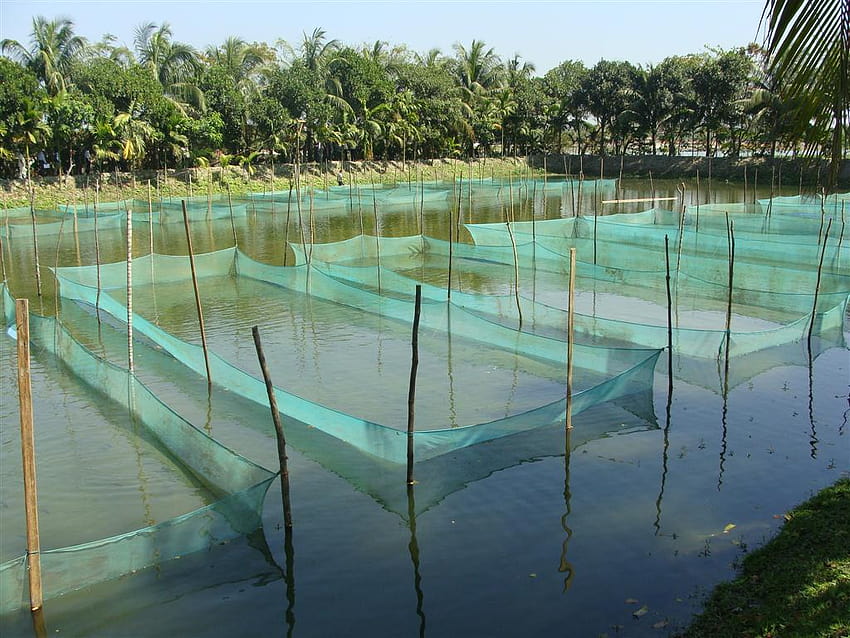
As the global demand for seafood continues to rise, the aquaculture industry faces the critical challenge of finding sustainable practices that can ensure a steady supply of healthy fish and other aquatic products. Innovative technologies are paving the way for this transformation, leading to improved efficiency, reduced environmental impact, and enhanced product quality. The dawn of a new era in aquaculture is upon us, marked by advancements that revolutionize how we farm and manage our oceans and freshwater systems.
At the forefront of this movement is The Rokter, an authoritative hub dedicated to aquaculture technology and sustainability insights. This platform offers a wealth of resources including in-depth blog posts and valuable industry information, catering to aquaculture professionals seeking to stay ahead in a rapidly evolving field. With a dedicated forum for discussions and knowledge exchange, The Rokter enables innovation to flourish and helps professionals navigate the complexities of modern aquaculture. Exploring these advancements not only highlights the potential of technology but also emphasizes the importance of fostering a sustainable future for our aquatic ecosystems.
Innovative Technologies in Aquaculture
The world of aquaculture is rapidly evolving, driven by the need for sustainable practices and efficient production methods. Innovative technologies are at the forefront of this transformation, offering solutions that enhance both productivity and environmental stewardship. From advanced breeding techniques to automated feeding systems, these innovations help optimize growth rates and improve fish health, ensuring a stable supply of seafood for the global market.
One of the most promising advancements in aquaculture technology is the use of recirculating aquaculture systems (RAS). These systems allow for the efficient reuse of water, significantly reducing the environmental impact of fish farming. By filtering and cleaning the water, RAS minimizes waste and lowers the risk of disease, creating a more controlled and sustainable growing environment. Aquaculture farmers implementing RAS can increase production while also adhering to stringent environmental regulations.
Moreover, the integration of data analytics and smart farming technologies is revolutionizing how aquaculturists manage their operations. Sensors and IoT devices monitor water quality, fish behavior, and feeding patterns, providing real-time insights that lead to more informed decision-making. This data-driven approach not only enhances efficiency but also promotes better resource management, helping to ensure the long-term sustainability of aquaculture practices.
Sustainable Practices for the Future
As the demand for seafood continues to rise, the need for sustainable practices in aquaculture becomes increasingly crucial. Implementing eco-friendly techniques not only protects aquatic ecosystems but also ensures the long-term viability of fish farming. Techniques such as integrated multi-trophic aquaculture, where different species are cultivated together to utilize different levels of the water column, can significantly reduce waste and promote biodiversity. By mimicking natural ecosystems, aquaculture can minimize environmental impacts while maximizing production efficiency.
Another vital aspect of sustainability is the responsible use of feed. Innovations in feed technology can lead to more effective nutrient utilization and a decrease in reliance on wild fish stocks. The development of alternative protein sources, such as insect meal or plant-based feeds, is gaining traction within the industry. These alternatives not only help lessen the burden on marine resources but also contribute to lower overall production costs and improved fish health, resulting in higher quality seafood products.
See More
Moreover, advancing technology plays a pivotal role in promoting sustainable aquaculture practices. The use of digital monitoring systems, sensors, and artificial intelligence can optimize farm management by providing real-time data on water quality, fish health, and feeding patterns. These tools empower fish farmers to make informed decisions that enhance productivity while minimizing environmental impacts. Embracing these technologies is essential for the future of aquaculture, as it enables the industry to meet growing demands responsibly and sustainably.
In-Depth Resources for Professionals
The Rokter serves as an invaluable resource for aquaculture professionals seeking to enhance their knowledge and skills in the ever-evolving field of aquaculture technology. With a wealth of in-depth blog posts, members can explore a variety of topics ranging from sustainable farming practices to innovative technologies that are transforming the industry. These resources are designed to keep professionals informed about the latest trends and advancements, ensuring they are equipped with the knowledge needed to stay competitive.
In addition to blog content, The Rokter offers a curated selection of industry resources that includes research papers, case studies, and practical guides. These materials provide detailed insights into successful aquaculture operations around the globe, showcasing best practices and innovative approaches used by leading experts. Access to such comprehensive resources allows professionals to adapt and implement strategies that can lead to improved productivity and sustainability in their own practices.
The dedicated forum on The Rokter is another significant advantage for professionals in aquaculture. It serves as a platform for networking, collaboration, and sharing experiences, where industry members can ask questions, discuss challenges, and seek advice from peers and experts alike. This vibrant community fosters a supportive environment that encourages knowledge exchange, helping professionals to thrive and innovate within the field of aquaculture technology.
The Role of Community in Aquaculture
Community plays a vital role in the advancement and sustainability of aquaculture. As the industry grows, collaboration among aquaculture professionals becomes essential for sharing knowledge and best practices. Engaging with local and global communities allows for the exchange of innovative ideas, fostering an environment where new technologies and approaches can flourish. The Rokter serves as a central hub for this community, offering resources that empower individuals to connect and learn from one another.
Through platforms like forums and blogs, professionals in aquaculture can discuss challenges and solutions, promoting a culture of continuous improvement. These interactions not only enhance individual practices but also contribute to the overall health and sustainability of the industry. Community engagement encourages transparency, accountability, and shared responsibility, which are crucial in addressing environmental concerns associated with aquaculture.
Furthermore, involving local communities in aquaculture projects ensures that practices align with regional needs and ecological conditions. When communities are actively engaged, they become stewards of their resources, working to promote sustainable practices that benefit both the environment and local economies. The Rokter highlights the importance of these community-driven efforts, paving the way for a more sustainable future in aquaculture.
Future Trends and Predictions
As we look ahead, one of the most significant trends in aquaculture technology is the increasing integration of automation and artificial intelligence. Smart systems powered by AI are set to revolutionize fish farming, optimizing feeding schedules, monitoring water quality, and predicting the health of stocks with unparalleled accuracy. This shift not only promises to enhance efficiency but also significantly reduces labor costs and human error, paving the way for more sustainable practices.
Another important trend is the advancement of sustainable feed alternatives. With the aquaculture industry facing scrutiny over its reliance on wild fish stocks for feed, innovative solutions are emerging. Researchers are exploring plant-based feeds, insect meal, and other novel ingredients that reduce environmental impact without compromising the nutritional needs of farmed species. This transition will not only support fish health but also help the industry move towards a more circular economy.
Finally, the growing emphasis on traceability and transparency will shape the future of aquaculture. As consumers become more conscious of where their food comes from, technologies such as blockchain will play a crucial role in tracking the entire supply chain. This will ensure quality and sustainability, allowing producers to communicate their practices and commitments effectively to the market. The Rokter will continue to be an authoritative hub for insights into these trends, helping professionals navigate the evolving landscape of aquaculture technology.
